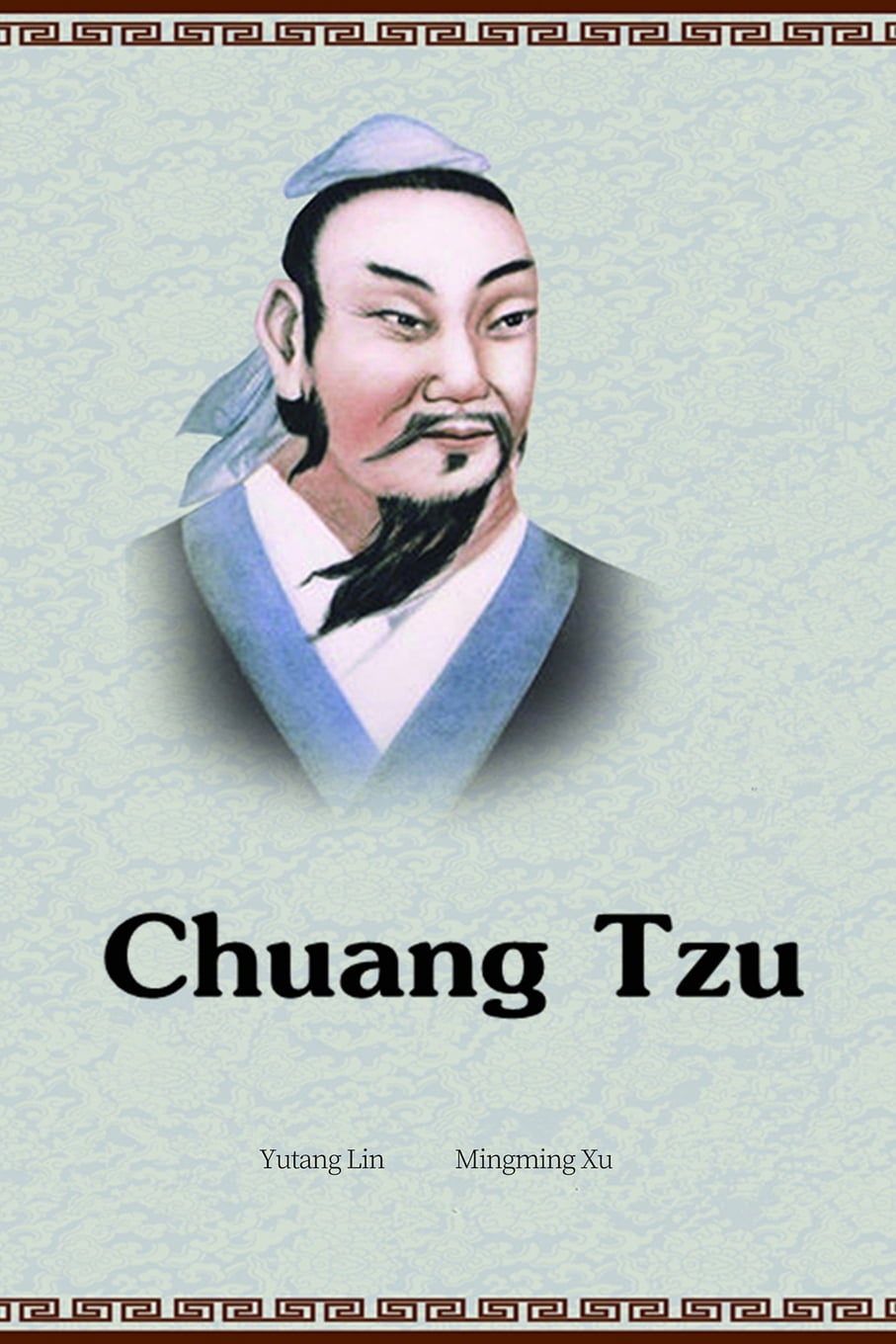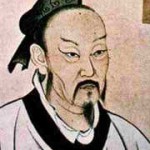
Henceforth, those who produce, perpetuate and enforce dualisms of class, race, gender and so on, are enemies of the Tao. It is the dynamic integration of all aspects of one's lifeworld. The Tao is not an entreaty to passivity, but rather a fuller activity. If desire is that which generates the dualism of presence and absence, then sensation is that which collapse this dualism back into a polymorphous oneness - a processual infinity beyond symbolic totality. Sensation is materiality's unfolding experience of itself. Rather, desire operates as an idealist otherwise, while sensation operates as a materialist becoming. Desire - as no-thing, as radical negativity - cannot be conflated with sensation, which is thingliness as consciousness. I believed all forms of spirituality were retreats into abstractions - an unmooring of oneself from facticity.īut I've come to understand Taoism and Buddhism's rejections of desire as the beginning of a movement back into sensation and facticity. I was very much conflating Taoism and Buddhism with Nietzsche's understanding of Christianity and Liberalism. For me, their rejection of desire felt like a rejection of materiality.

As a result of being a a central figure in Chinese culture, both nobility and common people claim Lao Tzu in their lineage.įor the longest period of time, Taoism and Buddhism tripped me up because I confused desire with sensation.

Historians variously contend that Laozi is a synthesis of multiple historical figures, that he is a mythical figure, or that he actually lived in the 5th-4th century BCE, concurrent with the Hundred Schools of Thought and Warring States Period.

Laozi translated literally from Chinese means "old master" or "old one", and is generally considered honorific.Īccording to Chinese tradition, Laozi lived in the 6th century BCE. He is also revered as a deity in most religious forms of the Taoist religion, which often refers to Laozi as Taishang Laojun, or "One of the Three Pure Ones".

His association with the Tao Te Ching has led him to be traditionally considered the founder of Taoism (pronounced as "Daoism"). Lao Tzu (Chinese: 老子 pinyin: Lǎozǐ Wade-Giles: Laosi also Laozi, Lao Tse, Lao Tu, Lao-Tsu, Laotze, Laosi, Lao Zi, Laocius, Lao Ce, and other variations) was a mystic philosopher of ancient China, best known as the author of the Tao Te Ching (often simply referred to as Laozi).


 0 kommentar(er)
0 kommentar(er)
